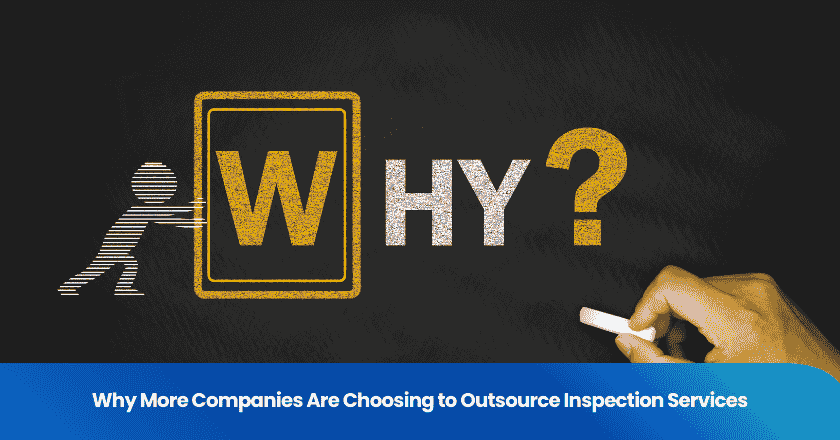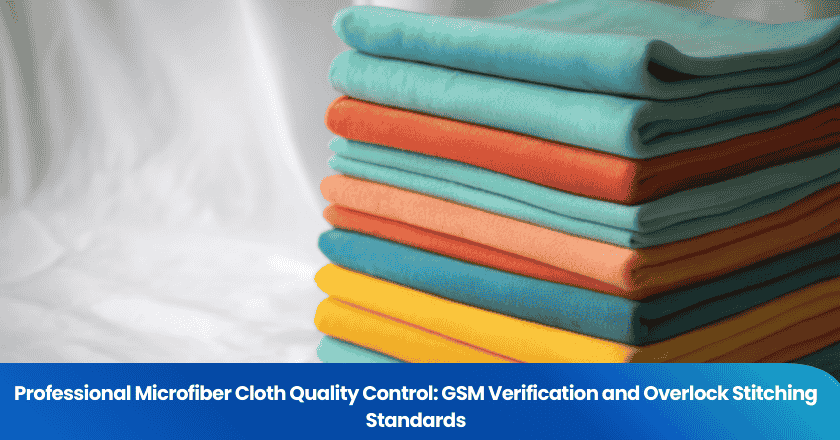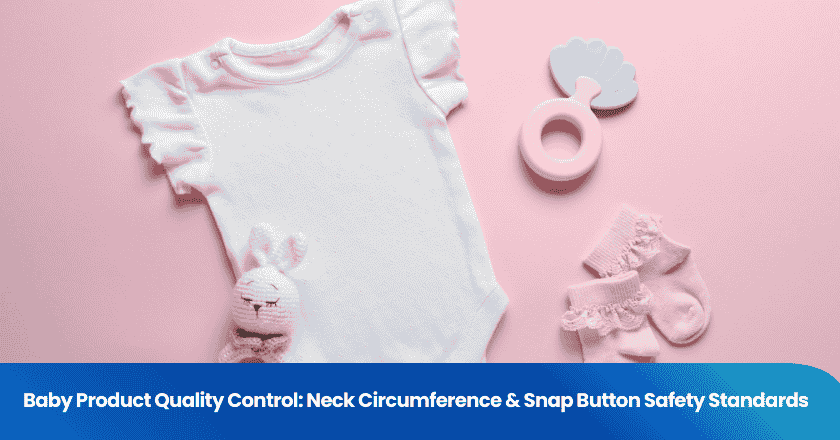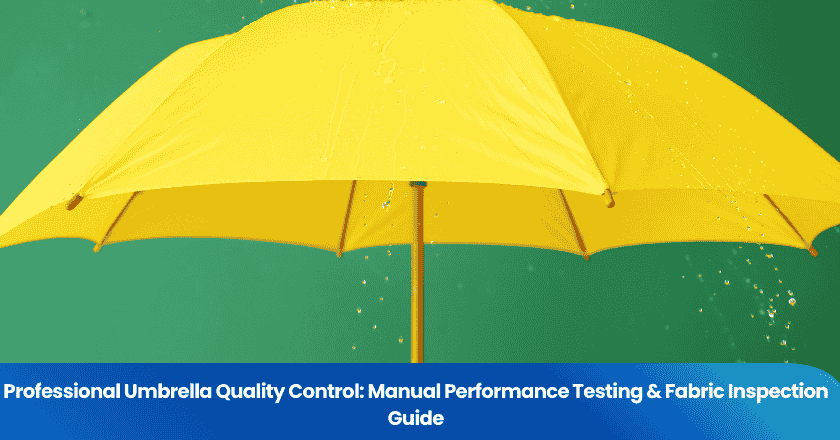
Outsourcing inspection services is becoming a strategic choice for your business. You see significant cost savings, with 70% of businesses in 2022 reporting this as a primary motive. Efficiency improves as you access specialized skills and advanced technology. Companies rely on third-party providers for quality assurance and compliance with global inspection standards. The market continues to grow, driven by regulatory scrutiny and new digitized testing technologies. You gain practical benefits that help your business stay competitive and agile in today's demanding environment.
Benefits of Outsourcing
Cost Savings
You can achieve significant cost savings outsourcing inspection services. When you manage inspections in-house, you face high fixed costs, including salaries, benefits, training, vehicles, and tools. These expenses remain constant, even during periods of low demand. Outsourcing transforms these fixed costs into variable ones, allowing you to pay only for the services you need. This flexibility leads to substantial savings, often reducing operational expenses by up to 30%. Many businesses in related sectors have reported similar reductions, and about 40% of field service work is now handled by third-party providers.
By choosing outsourcing quality assurance, you allocate your resources more efficiently and avoid unnecessary overhead. This approach supports your business in maintaining financial agility and competitiveness.
Efficiency Gains
Outsourcing inspection services brings measurable efficiency gains to your business. External providers streamline your processes by offering objective assessments and eliminating internal bias. You benefit from their specialized expertise and economic efficiency, which ensures compliance without the need for extensive internal capabilities.
Tip: Outsourcing quality assurance enables you to deploy lean initiatives quickly and control bottlenecks in your workflow.
- You convert fixed personnel costs into variable spending, aligning resources with your workload.
- Onboarding and ramp-up times decrease, which boosts productivity.
- Continuous improvement and regulatory compliance become easier to achieve.
- You see reductions in labor and overhead costs, as well as improvements in cycle time and task completion rates.
- Automation adoption increases, reducing manual work and enhancing workflow efficiency.
These improvements help your business respond faster to market changes and maintain high standards in global inspection activities.
Focus on Core Business
When you outsource inspection services, you free up your internal teams to focus on your core business activities. This shift allows you to drive innovation and strategic advancement, rather than getting bogged down by non-core tasks. Your essential resources can now concentrate on primary operations, which enhances productivity and operational efficiency.
- Outsourcing commodity capabilities lets your team focus on strategic initiatives that drive growth and improve customer experience.
- You can redirect time and resources toward critical projects, such as ISO-9001 certification or research and development.
- Managed services reduce workplace interruptions, leading to more stable workflows.
You can measure these improvements using key performance indicators (KPIs):
| KPI | Description |
|---|---|
| Net Promoter Score (NPS) | Measures customer loyalty and satisfaction by categorizing customers into promoters, passives, and detractors. Tracking trends over time can indicate the impact of outsourcing. |
| Customer Satisfaction Score (CSAT) | Assesses customer satisfaction with specific products or services, useful for evaluating changes post-outsourcing. |
| Schedule Adherence | Tracks the consistency of an outsourcing partner in meeting deadlines, indicating reliability and efficiency. |
| Completion Rate | Measures the percentage of tasks completed on time by the outsourcing provider, reflecting their reliability. |
| Error Rate | Indicates the frequency of mistakes in deliverables, helping to assess quality control in outsourced work. |
| Customer Complaint Rate | Calculates the percentage of customer interactions that result in complaints, providing insight into customer experience post-outsourcing. |
| Cost Reduction Percentage | Quantifies financial savings from outsourcing compared to in-house costs, essential for evaluating the financial impact of outsourcing. |
By leveraging outsourcing quality assurance, you ensure your business remains focused on what matters most. You gain the flexibility to pursue growth opportunities and maintain a competitive edge in your industry.
Expertise and Outsourcing Quality Assurance
Access to Specialized Skills
You gain access to specialized skills when you choose outsourcing quality assurance. Third-party inspection providers offer expertise that often goes beyond what your in-house team can deliver. These professionals bring advanced methodologies and deep domain knowledge to your business. You benefit from robust assessments, open-ended evaluations, and adversarial testing, which strengthen your inspection processes.
You also leverage advanced technology through outsourcing quality assurance. Providers use automated inspection systems and data analytics to identify subtle trends and potential issues before they impact product quality. This approach improves accuracy and consistency, helping your business stay ahead in the quality assurance services market.
- Technological advancements like AI and machine learning improve inspection efficiency.
- Outsourced QA teams utilize the latest technologies to enhance processes.
- Standardized procedures help reduce errors and improve troubleshooting.
Ensuring Compliance and Standards
You ensure compliance with industry standards by working with experienced inspection providers. These experts help your business meet strict regulatory requirements and maintain high quality across global inspection activities. Providers conduct thorough audits, integrate compliance into your operational framework, and offer ongoing training for your team.
You also benefit from compliance with Good Manufacturing Practices, Good Distribution Practices, and ISO 13485:2016. Providers use systematic approaches, including gap analysis and regular assessments, to maintain compliance. They help you prepare for regulatory inspections, review maintenance records, and identify areas of concern. This proactive strategy supports your business in the quality assurance services market and delivers long-term savings.
Note: Compliance should be built into your business foundation, not treated as a reaction to regulatory changes. Sustainable compliance solutions withstand scrutiny and support your growth.
Your business achieves consistent quality and regulatory alignment, positioning you for success in a competitive environment.
Scalability and Global Inspection Reach
Flexible Operations
You can scale your business rapidly when you outsource inspection services. You avoid the delays and costs of hiring or training new staff. Outsourcing quality assurance gives you instant access to skilled professionals who can handle increased workloads. Your business gains flexibility to respond to market changes and seasonal demands.
- You increase support capacity quickly. For example, a robotic vacuum company managed over 200,000 customer interactions in just ten days during a peak period.
- You receive 24/7 coverage without managing multiple shifts. This continuous support is essential for businesses entering new markets.
- You optimize costs by converting fixed expenses into variable ones. You scale operations without long-term financial commitments.
Flexible operations help your business maintain high performance and adapt to changing requirements. You can focus on growth while your outsourcing partner manages inspection tasks efficiently.
Supporting International Expansion
Outsourcing inspection services supports your business as you expand globally. You gain access to local expertise and faster time-to-market. Your business benefits from flexibility and scalability in operations, which are crucial for international success.
Global inspection providers help your business meet regulatory requirements across different regions. They conduct regular mock inspections to identify weaknesses and develop response plans for unannounced audits. Your documentation stays updated, and your staff receives enhanced training for inspector interactions. Providers diversify supply chains and strengthen internal compliance through quality management systems. They invest in technology, such as digital quality management systems, for real-time monitoring.
Your business achieves consistent quality and compliance worldwide. Outsourcing inspection services ensures you adapt quickly to new markets and maintain operational readiness. You gain flexibility, savings, and the ability to meet global inspection needs.
Risk Reduction and Safety
Enhancing Workplace Safety
You strengthen workplace safety when you outsource inspection services. A dedicated outsourced safety team improves risk management by performing structured activities such as site walkthroughs and hazard identification. Impartial oversight from external safety personnel enforces safety policies consistently, which reduces bias and internal pressures. You benefit from detailed documentation and third-party validation, which lowers legal and insurance liabilities and provides crucial support if incidents occur.
- Outsourced teams conduct regular site walkthroughs to spot hazards early.
- External safety personnel enforce policies without internal bias.
- Third-party validation offers strong documentation for legal protection.
Outsourcing quality assurance reduces mistakes and helps your business maintain a safer work environment. You gain peace of mind knowing that experts handle safety protocols and compliance.
Minimizing Compliance Risks
You minimize compliance risks by partnering with third-party inspection providers. These experts bring specialized knowledge of regulatory requirements and help your business avoid violations. Third-party audits provide unbiased proof of compliance, which is essential during inspections by regulatory bodies. Auditors identify risks early, preventing costly incidents and legal repercussions. The audit process validates your safety measures and introduces best practices from various sectors.
- Third-party audits offer unbiased compliance verification.
- External auditors possess deep regulatory expertise.
- Early risk identification prevents incidents and penalties.
- Best practices from multiple industries improve your safety protocols.
You further reduce risks by conducting thorough due diligence on outsourcing partners. Well-drafted contracts define scope, service levels, and data security, which clarifies expectations and mitigates compliance risks. Continuous monitoring and regular evaluations ensure your provider meets standards and allows for timely corrective actions.
Outsourced inspection providers support your business by offering expertise in navigating regulatory challenges. They help you develop robust compliance programs and provide insights into financial, operational, and reputational risks. Compliance advisory services steer your business through complex requirements and mitigate the risk of violations or penalties. You achieve global inspection readiness and realize long-term savings.
Outsourcing vs. In-House
Operational Differences
You face distinct operational differences when choosing between outsourcing and in-house inspection services. In-house inspectors understand your company’s culture and product history, which allows for nuanced inspections. Immediate feedback loops enable your team to solve problems in real time. However, internal teams often struggle to balance audits with other responsibilities. Manual processes can increase the risk of errors and inefficiencies. Familiarity with vendors may introduce bias, which can compromise audit effectiveness.
- In-house teams provide direct control and faster response times.
- Outsourced providers offer specialized skills and objective assessments.
- Internal audits may miss compliance risks due to resource strain.
Outsourcing inspection services helps your business maintain impartiality and access broader expertise, especially for global inspection needs.
Cost and Resource Comparison
You must consider cost and resource allocation when deciding between outsourcing and in-house models. In-house maintenance gives you full control over staff and schedules. You benefit from quicker response times and greater familiarity with your facilities. However, you face higher fixed costs for hiring, training, and retaining staff. Smaller teams risk burnout and may lack resources for specialized tasks.
Outsourced inspection services provide scalability and cost-efficiency. You pay only for the services you need, which helps your business manage expenses. Outsourcing gives you access to a wider skill set and specialized knowledge. You can scale operations based on demand, but you may experience onboarding delays and less control over service delivery.
Resource allocation strategies differ as well. Outsourced inspections often require ongoing service contracts, which can be costly for frequent needs. In-house teams need significant investment in tools and training but may offer long-term savings and faster responses to urgent issues.
Quality and Consistency
You must evaluate quality and consistency when comparing outsourcing and in-house inspection services. In-house teams may deliver consistent results due to their familiarity with your business processes. However, manual audits can lead to errors and incomplete reviews. Outsourced providers use standardized procedures and advanced technology, which improves consistency and reduces mistakes.
Outsourcing inspection services helps your business achieve reliable quality control and meet global inspection standards.
You gain access to best practices and continuous improvement, which supports your business in maintaining high standards across all operations.
Outsourcing inspection services positions your business for growth and resilience. You gain several advantages:
1. You focus on core business functions and allocate resources where they matter most.
2. You ensure compliance and reduce risk by relying on experts who understand regulations.
3. You benefit from technology-driven efficiencies that speeds up testing and saves money.
4. You achieve faster response times and reliable results, which protect your business from costly downtime.
Consider reviewing your current inspection process. Could outsourcing help your business reach new levels of efficiency and quality?
- Define your inspection goals.
- Vet providers for expertise and responsiveness.
- Pilot an inspection to see the impact on your business.
FAQ
What types of inspection services can you outsource?
You can outsource product inspections, quality assurance audits, safety checks, and regulatory compliance reviews. Providers often offer both on-site and remote inspection options.
How do you ensure data security when outsourcing inspections?
Choose providers with strict data protection policies. Ask about encryption, access controls, and compliance with relevant data privacy regulations. Review their security certifications before signing any agreement.
Will outsourcing inspection services affect your control over quality?
You maintain control by setting clear expectations and performance metrics. Regular communication and detailed reporting help you monitor quality and address issues quickly.
How quickly can you scale outsourced inspection services?
You can scale services up or down within days or weeks. Outsourcing partners have trained staff ready to meet your changing needs, which helps you respond to demand spikes.
What should you look for in an inspection service provider?
- Proven industry expertise
- Transparent reporting
- Strong compliance record
- Flexible service options
- Positive client references
Grow your business with TradeAider Service
Click the button below to directly enter the TradeAider Service System. The simple steps from booking and payment to receiving reports are easy to operate.





